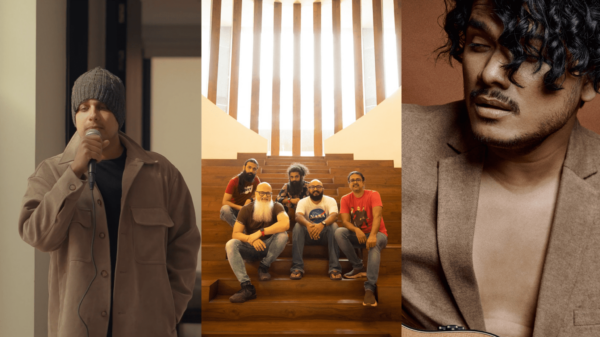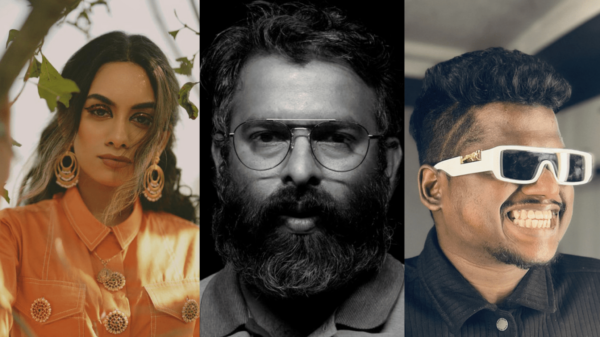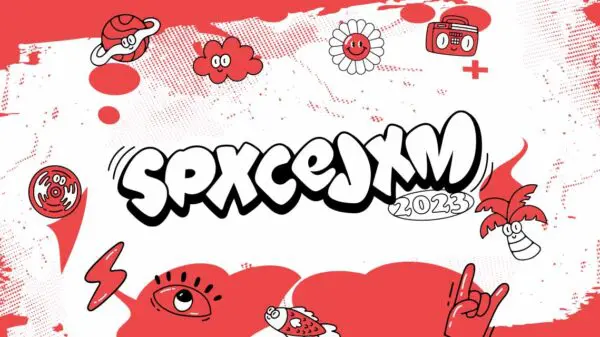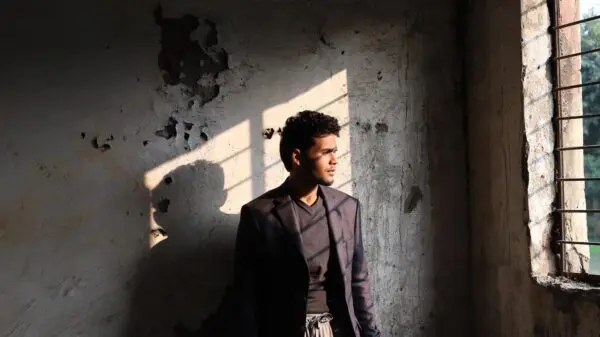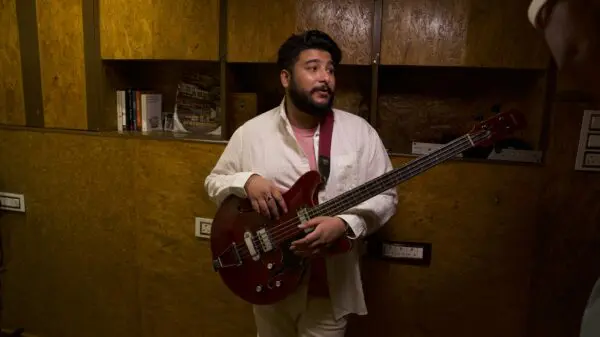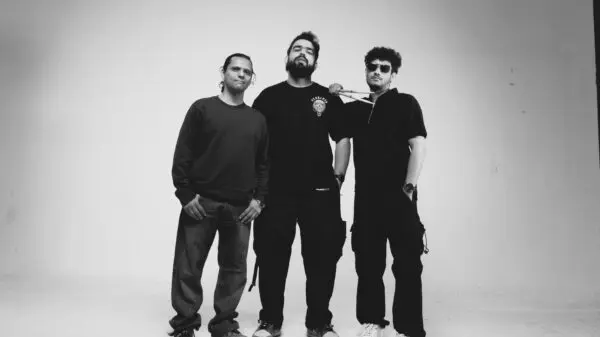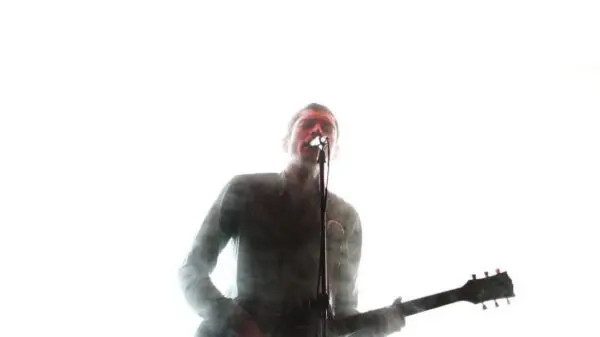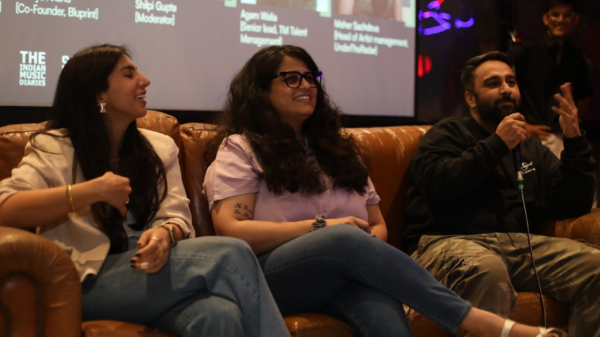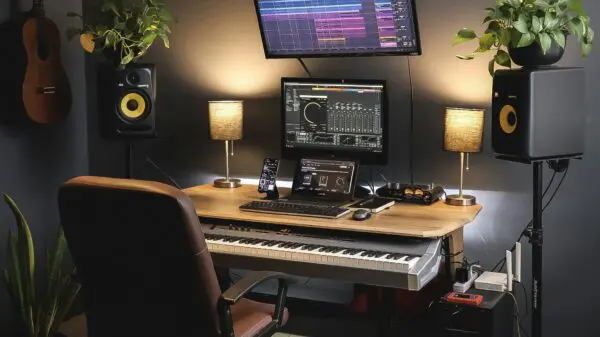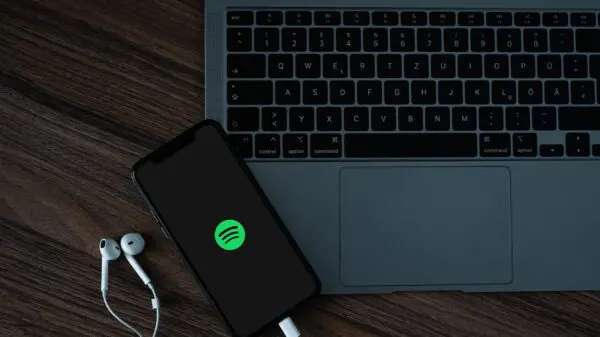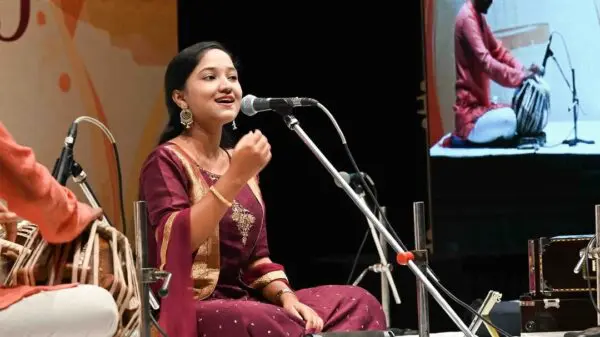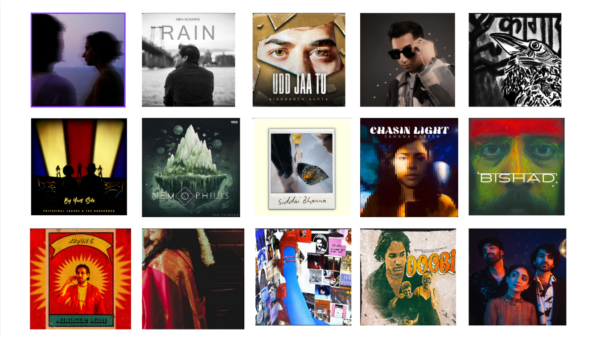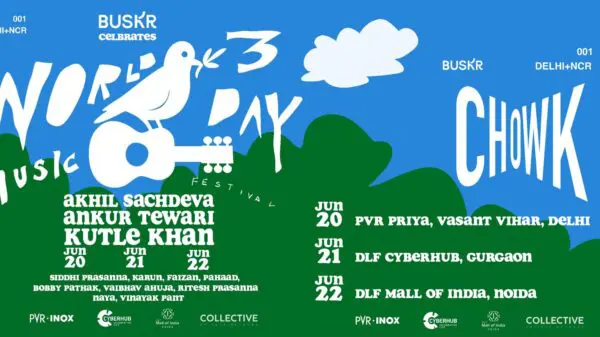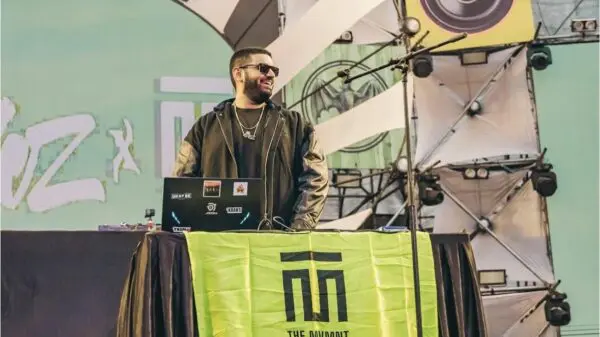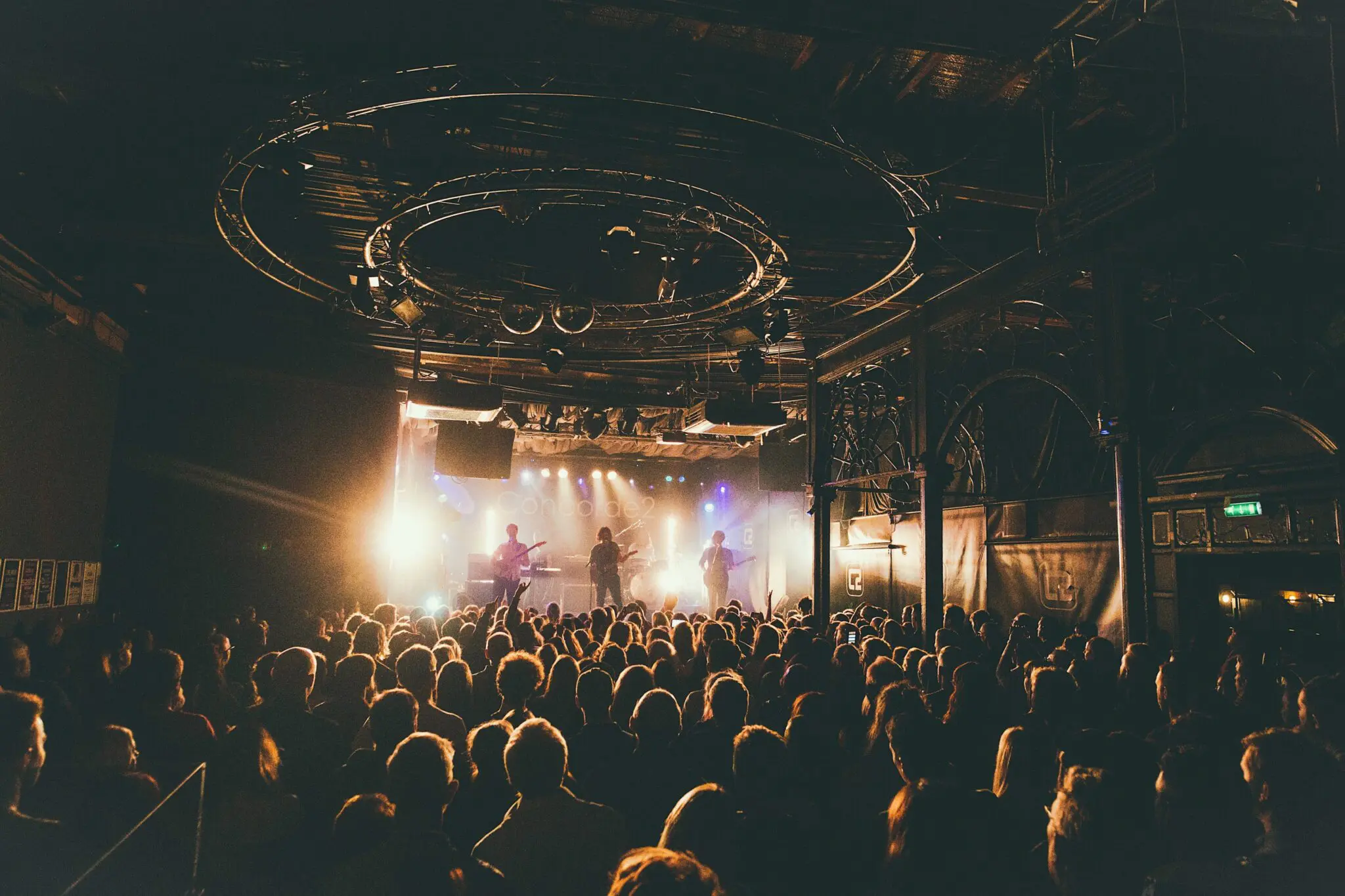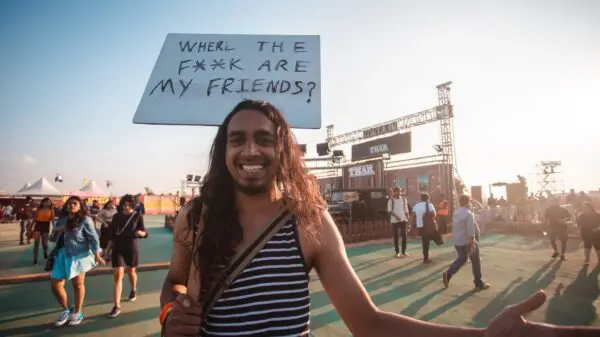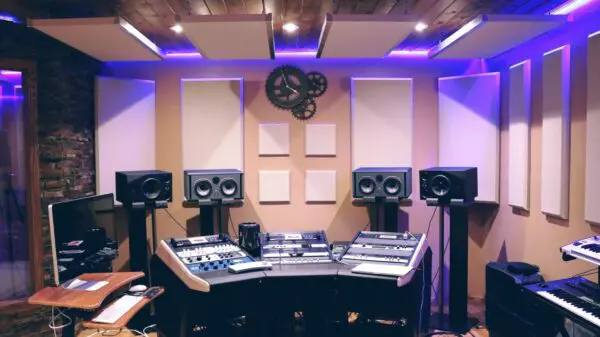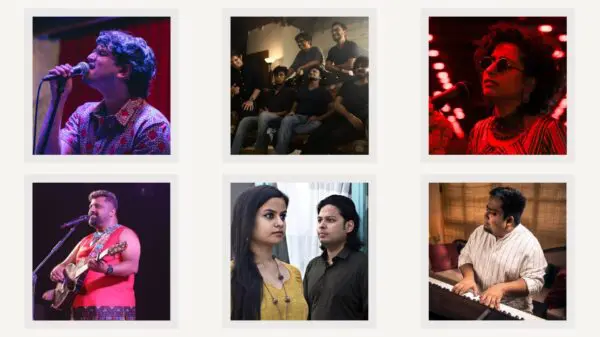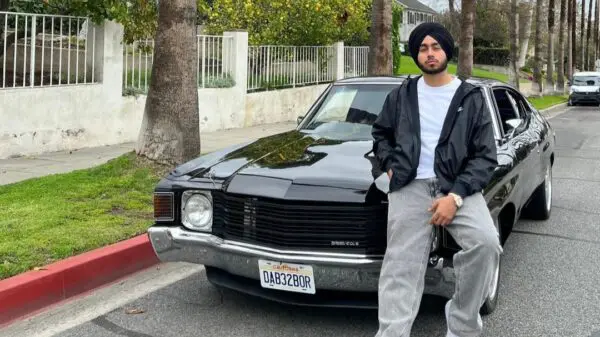In the past, when musicians started creating their original music free of any commercial influence, the task of reaching out to people and nurturing listenership quickly fell upon them. A lot of event houses and venues – like nightclubs and pubs quickly noticed this potential in the independent music scene and took it upon themselves to make gigs and concerts a much sought-after business. But the takeaway is that it was simply not enough. Not back then and the situation hasn’t seemed to have ameliorated even as the years went on. And anyone who has been in this industry would agree with that statement.
Even though a lot has changed over the years, musicians and even the audience have only seemed to increase their complaints regarding the “lack of live shows” which was supposed to have been a thing of the distant past by now. But it is quite the opposite in praxis, really. Even if some states are doing better than others in this regard, there still remains the question of why this poses such a big obstacle in the Indian independent music industry. The answer, more often than not, boils down to one issue – the inadequacy of live event venues in the country.

Nishit Arora of Smoke Inc. and Jamsteady who has been in this business for more than 15+ years says, “There is a lot of live music going on, but it’s primarily Bollywood, commercial, duo, and trio setups at restaurants and bars where music isn’t the focus. There are now roughly 3-4 venues that host independent live music; however, they are not all on a regular basis.” The organizer is currently based in Kolkata.
“DJs are easy to book, can play longer sets, have less technical requirements, and don’t require a lot of space. The tastes of the audience have also shifted in the last ten years. There are several reasons for this, but it also has to do with how technology has advanced, how our attention spans have shrunk, and how, as a result, we have grown more selfish as a society. Previously, it was about a shared experience, and people would go to concerts to be blown away by performances; now, it’s about socializing and taking selfies to show ‘I was there,’ and then moving on to the next “happening” location,” he adds.

So, what is the current state of live venues in Kolkata? “We used to have 4-5 specialized places for live independent music roughly 7-8 years ago. When I say dedicated, I mean that when music was in the spotlight, people would come for the music first, then buy food and beverages. Even if there is more live music happening now, I can’t say it’s for the music. It’s to appeal to a crowd that likes entertainment in addition to their beverages and meals,” says Nishit.
“Kolkata is a different animal; I would say I have been lucky to have found my place in this scene but it’s not easy at all. Very broadly speaking it comes down to money and the lack of it in this city. There are many layers to this problem but then we need a whole another article on that,” he adds.

ArtSourced co-founder Bryan Marak, an organizer based in Tura, Meghalaya had a few choice words regarding the very same issue in his hometown. Bryan founded this media label alongside Tengsam, the bassist of Mumbai-based Fame The Band to help revive and better the local music scene of Tura.
“Before 2022, live gigs only happened during the festive season from October to February but recently as a result of an initiative by Meghalaya Tourism and Meghalayan Age called the Meghalaya Grassroots Music Project, ArtSourced has been organizing four shows a week since June. Two of the shows are busking/street shows and the other two are regular acoustic café shows,” he says.

“In spite of the many amazing musicians and artists that live in Tura, the town does not yet have a dedicated venue for live gigs. Through the Meghalaya Grassroots Music Programme, we generally have to bring in our own sound set up for the shows and even then, the venues can only accommodate an acoustic setup. Generally, band gigs either happen in halls and auditoriums or in open air shows,” he adds. He claims that although there used to be “more electronic music and DJs performing at events locally but recently that has drastically reduced in favour of popular local artists that sing their songs to background tracks.” Well, that is one positive piece of news for sure.
“The number of venues in the state has increased in the past few years with Evening Club, Shillong, being the standard bearer for venues having hosted international acts such as FKJ and (((o))) as well as Vir Das recently. Having a standard venue in the state that hosts strong acts from time to time increases the number of shows going crowd which can only be good for local acts,” he adds.
According to Bryan, the major problem with music events and venues is the lack of people coming in for shows. “The footfall does not help cover the production as well as the artist costs and that, in turn, discourages venues from doing more band shows,” he says.

That being said, what are some of the significant challenges that Tura faces when it comes to organizing gigs? “Building a culture of gig-going crowds,” he says. “Tura had in the mid-2010s downgraded its music scene. Where once there were regular shows and a huge gig culture, with competitions that produced bands galore, there came a drought with hardly any gigs, music, or new bands. Building of off that drought, it has been a challenge attracting crowds to shows even with the regular shows happening across town,” adds Bryan.
In Delhi too, the situation with live venues seems to be pretty off in the current times. Although there is consistency in the frequency of gigs, “the quality of these gigs is questionable since 90% of them are Sufi/ Bollywood cover bands,” says Karan Mehta, founder of BlueTree – a Delhi-based artist management company and booking agency. According to him, there are currently 3-4 venues in the state that accommodate original live music.

“Lack of infrastructure and planning at venues has caused the entire system to crash since the pandemic. There are venues with unrealistic expectations and a lack of a proper vision towards building a community. You need to treat your venue as a brand and when you are a brand it’s almost necessary to have a strong community that believes in your vision. This as a core has been missing in most Delhi venues,” he claims.
The organizer is also of the opinion that there is a “lack of proper venues who understand what it takes to host a show.” He comments that the system and venues in other cities like Bangalore and Mumbai are much better compared to Delhi which makes their job as promoters or organizers much easier.

But even after so many perils plaguing the live venue situation in the country, there seems to be a light at the end of the tunnel. And Karan’s opinions on the scene in Bangalore ring true as the city ranks in the top few when it comes to original music being performed in gig houses throughout its ambit.
“Bangalore is spoilt for choices – every weekend (and even weekday) has live gigs happening across genres,” says Amarjeet Singha of Skillbox who is also the founder of Bohemian Live and Live Music Biz. He claims that there are roughly 5-6 venues hosting gigs every other day with more on the way. But on the contrary, he also claims that Bangalore “needs more venues that are technically a live music space and not a makeshift one…. Venues that can house different capacities of the crowd.”

After the surge of the coronavirus which vehemently affected the live music scene even more in the past two years, the country seems to have resumed its gigging activities once again from the start of 2022. Although the situation seems to have remained the same for most states like we already established, it looks like there are a lot of things that need to be taken into account if one wants to improve the condition of the independent music scene of the country.
According to Nishit, this can be only possible if more people invest in this. Other than money, time, and energy, there also needs to be a certain level of commitment if one wants to upgrade the state of live shows and venues in the country. “I feel each musician, organizer/promoter and venue has to think of this as a long-term investment into building a culture, once you build the culture, it all starts making sense. Do not look for shortcuts and invest time and energy into smaller scenes that actually connect with people rather than doing only big names and filling up venues with thousands of people. Work towards making your own local stars and local scene instead of only relying on big names. This is not to say we should not have big names but we need smaller and consistent scenes to happen along with the big events, only then we will build a strong music-focused culture,” he says.
Bryan too believes that other than the obvious “it is also important that these shows are all-inclusive to attract old gig-goers and new ones alike. It is crucial to consider the quality of the shows as compared to the quantity of shows.”
“We will need to be aggressive with more and more gigs in the coming months and hopefully build back the community that used to exist 6-7 years ago. A bit of nostalgia and a bit of exceptional talent to kick things off and take the same forward. I have always felt Indian musicians/bands have great potential but the system itself needs to give them better opportunities,” comments Karan.

